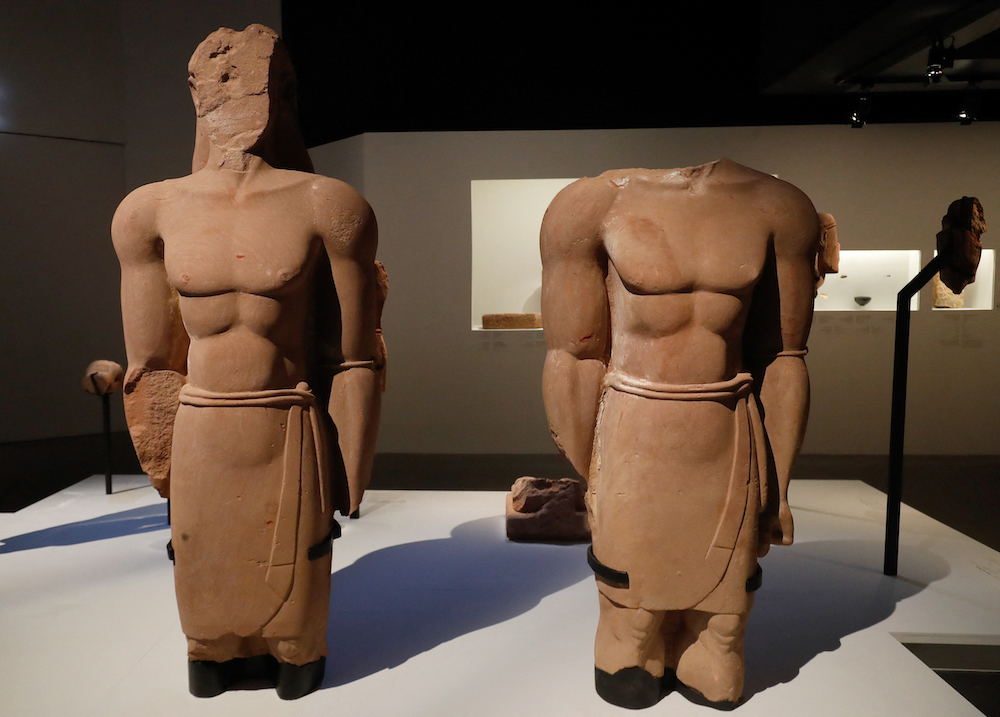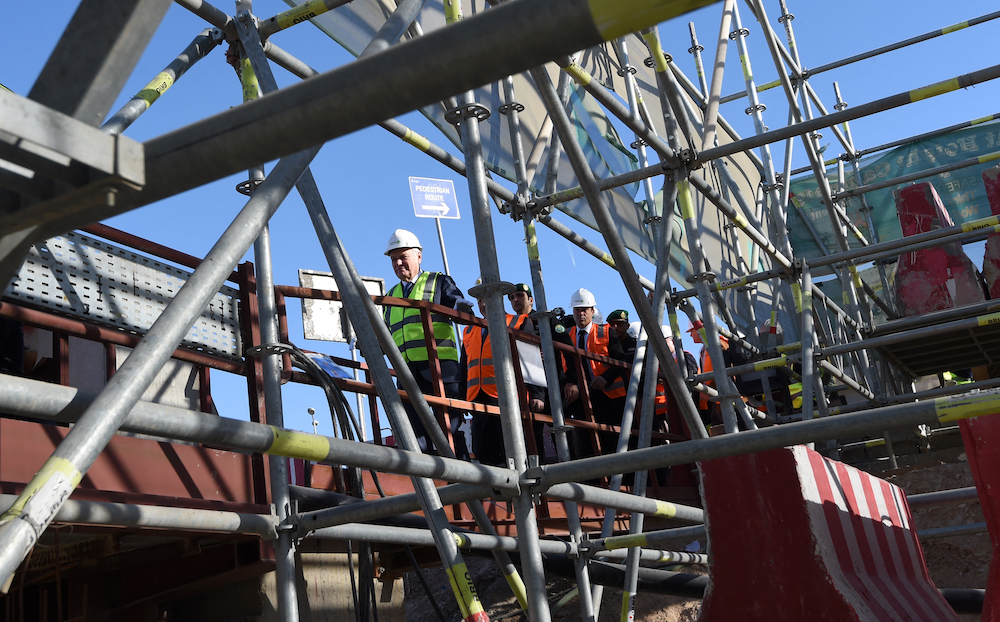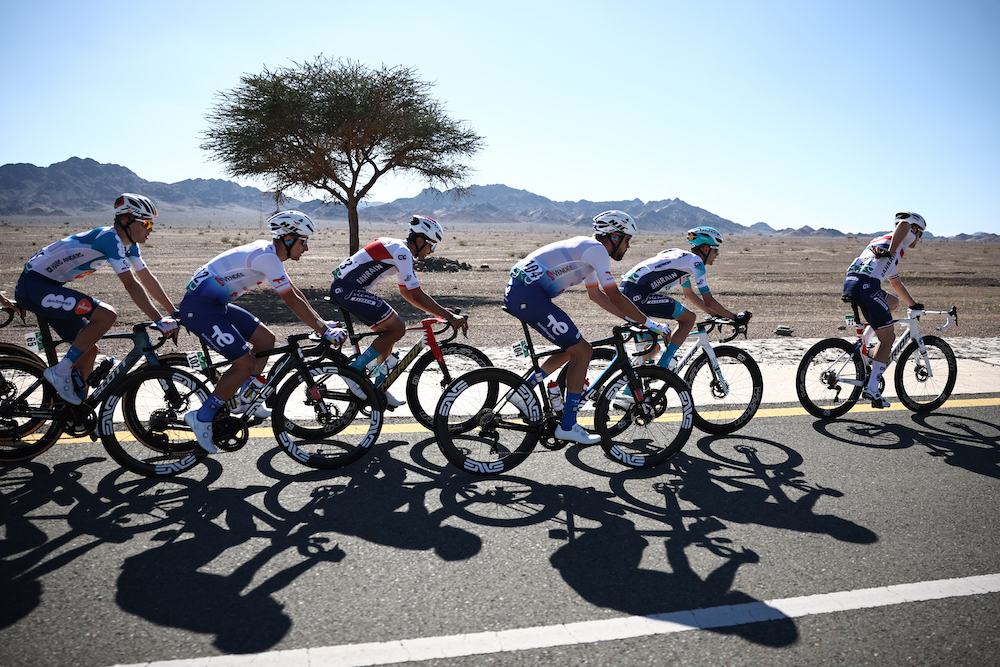JEDDAH: Apprehension, wariness, skepticism, cautious optimism: These were just some of the reactions among the Saudi public indicative of the mixed mood that followed the unprecedented announcement of a Chinese-brokered deal between the Kingdom and Iran. In short, people are watching with interest and waiting to see how it all plays out.
Seven years ago, the world watched in horror as the Kingdom’s embassy and consulate in Iran were attacked and set on fire by Iranian protesters. This led to the severing of diplomatic ties, which were only restored less than two weeks ago. The scenes in 2016 brought back memories for many people of the torching of the Saudi and Kuwaiti embassies in Tehran in 1987.
Mixed feelings and reactions or not, the agreement to restore diplomatic ties between Riyadh and Tehran has certainly been a major talking point since it was announced on March 10. There are still more questions than answers about exactly what it means, but the three parties involved in the negotiations have asserted that the rapprochement is part of a process after a zero-sum game that continued for nearly a decade.
The Saudi Press Agency reported that Riyadh and Beijing have agreed to respect state sovereignty and not interfere in each other’s internal affairs. This a problematic notion, however, given the history of Iranian aggression toward the Kingdom, including the 1987 Makkah demonstrations, the 1996 Khobar tower attacks, the 2011 plot to assassinate the then Saudi ambassador to Washington, Adel Al-Jubair, and the 2019 missile attacks on the Kingdom’s oil facilities in Abqaiq and Khurais, to name a few incidents.
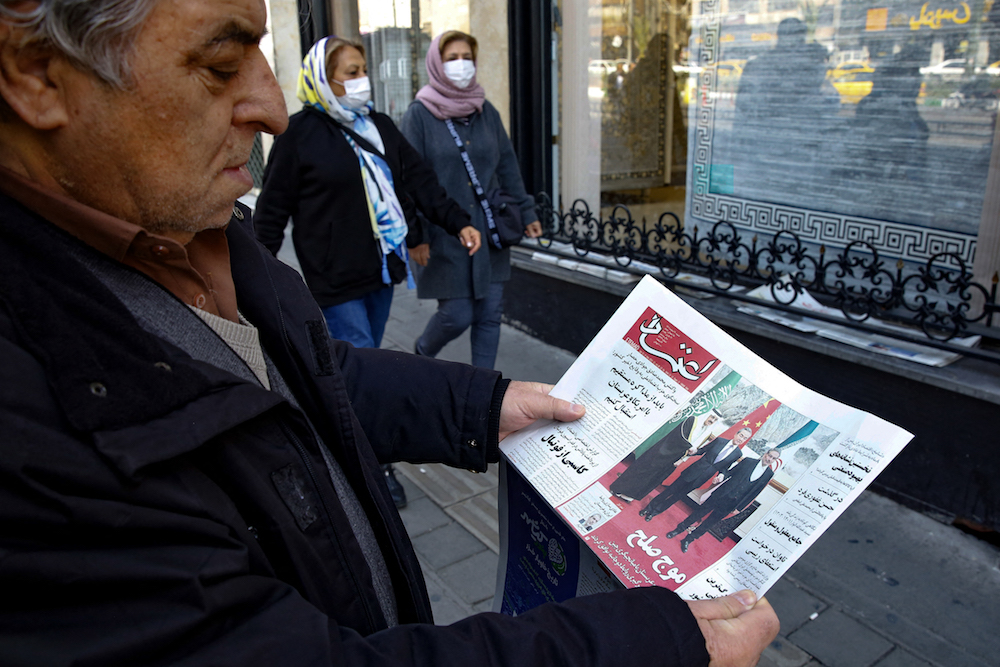
A man in Tehran holds a local newspaper reporting on its front page the China-brokered deal between Iran and Saudi Arabia to restore ties, signed in Beijing the previous day, on March, 11 2023. (AFP)
Saudi Foreign Minister Prince Faisal bin Farhan said that the Kingdom’s agreement with Iran to restore diplomatic ties does not mean that the countries have resolved all of their disagreements but that it underscores a mutual desire to “resolve disputes through communication and dialogue.”
The rapprochement follows years of tensions across the region so it is no surprise that Saudis took to social media to share their opinions on the agreement.
Many expressed support for their government’s decision, saying that that they hope and believe it could be a significant step forward, as the deal includes the reactivation of a security agreement, signed in 2001, for cooperation on efforts to combat terrorism, drug smuggling, money laundering and other criminal activity.
“The Saudi-Iranian agreement will bring forth greater security benefits to the Gulf region, the Middle East and the broader global community, as the Kingdom’s position is always to seek security and stability in the region,” retired Maj. Gen. Saleh Mohammed Al-Malik, a professor of military and security media at Naif Arab University for Security Sciences, told Arab News.

Riyadh and Tehran announced on March 10 that after seven years of severed ties they would reopen embassies and missions within two months and implement security and economic cooperation agreements signed more than 20 years ago. (AFP)
“I hope that this agreement will limit Iranian interference in the countries of the region and that security and stability will prevail in the Middle East so that governments can devote themselves to reforms and development in a way that serves the entire region; namely (in) Yemen.
“There is no doubt that this (agreement) will contribute to directing national economic blueprints to achieve visions such as (Saudi) Vision 2030 goals, aimed at comprehensive and continuous development for their respective nations.”
The full details of the agreement between Riyadh and Tehran are yet to be clarified but some Saudis suggest they are immaterial because they believe a focus on internal affairs and building the Kingdom’s capacity across the board should be a higher priority than relations with their neighbors across the Gulf.
Others believe the deal could contribute in a positive way to the development of Saudi Arabia and, perhaps, Iran as well.

The two countries would re-open their embassies and missions within a period not exceeding two months. (Screenshot/Nour News)
“We don’t know what is going on in Iran except from what we see on our screens,” one Saudi citizen told Arab News.
“Whatever it is, it shows a country divided, a people who are suffering and resisting. They want a prosperous Iran and there’s no need to liken (hopefully) its progression to that of Saudi Arabia; they can create their own path, one that suits them personally.
“Every country is growing except theirs; it’s time to join the club.”
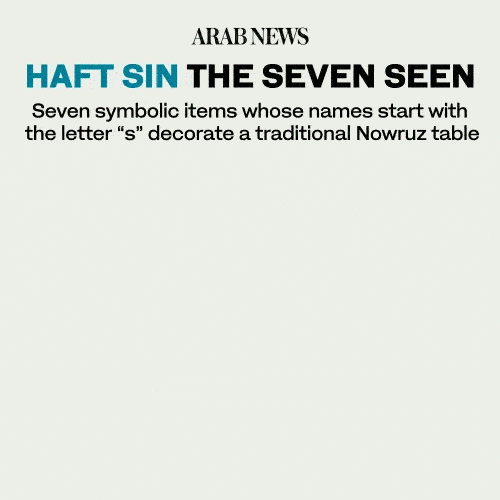
Saudi Arabia and its citizens have dealt with a number of regional challenges in recent years in ways the wider world is not used to. Saudi officials and citizens have long pointed out that the Kingdom and Iran share many long-standing religious, historical, geographical and cultural connections, and that such common ground can only strengthen efforts to resolve disagreements between “rivals” through negotiation.
“I am sure that if all the provisions of the agreement are implemented, it will restore security, peace and meaningful and constructive cooperation in the region in the service of the entire Middle East and neighboring countries,” said Al-Malik.
The broad initial support for the deal among the Saudi people is nothing new, he added, as they trust their authorities to negotiate such deals for the greater good.
“Saudis are keen on peace and stability,” he said. “They see their goals achieved through Vision 2030, and their trust in the government to support security and stability in the region stems from that.”








